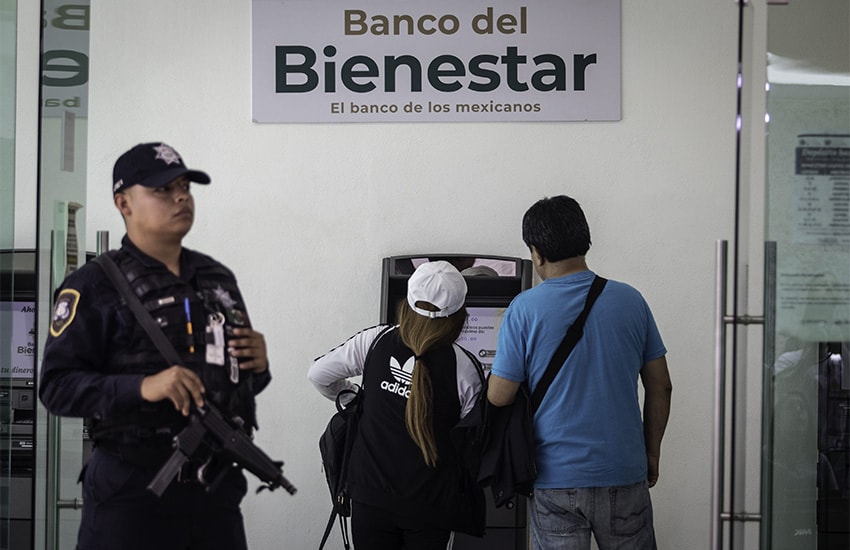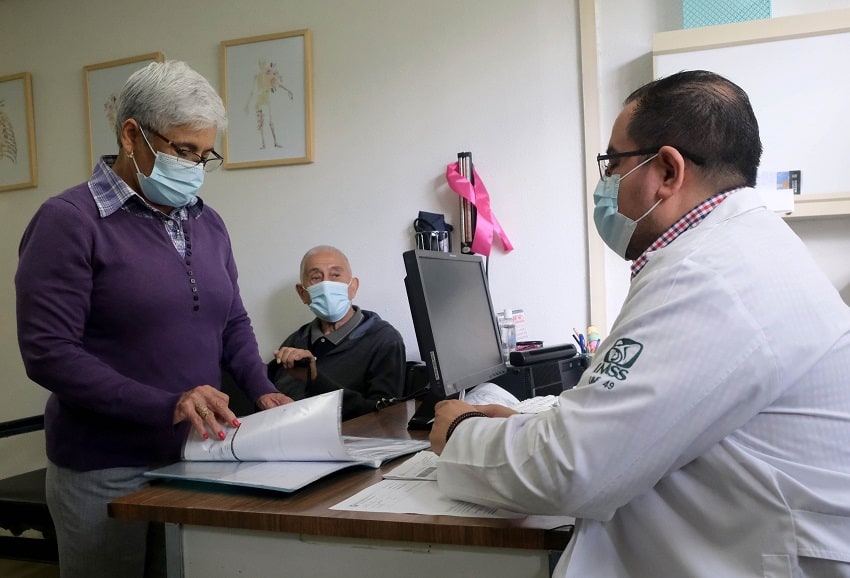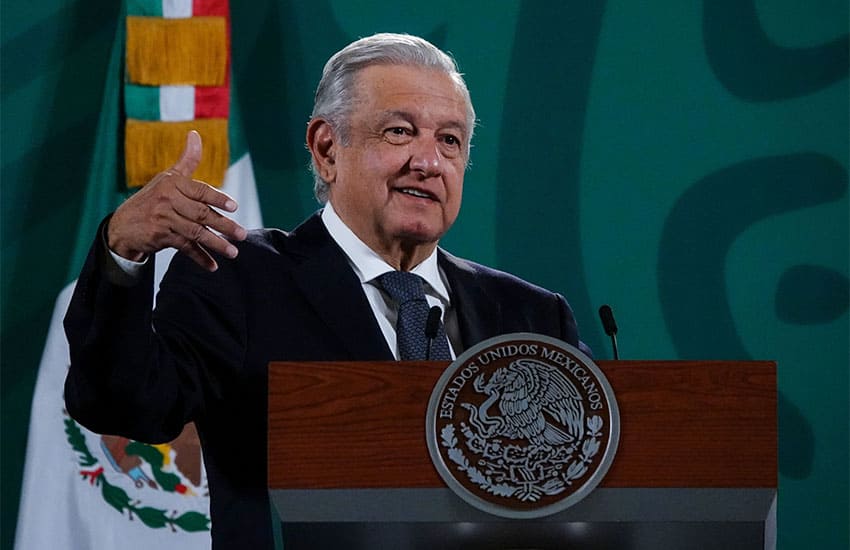Number of Mexicans in poverty declined by 8.9M from 2020–2022

The number of Mexicans living in poverty declined by 8.9 million between 2020 and 2022, the federal government’s social development agency reported Thursday.
Data published by the National Council for the Evaluation of Social Development Policy (Coneval) shows that 46.8 million Mexicans were living in a “situation of poverty” last year, down from 55.7 million in 2020, when the coronavirus pandemic and associated restrictions caused the Mexican economy to contract by 8.5%. The number of people living in poverty in 2020 was 3.8 million higher than in 2018, largely due to the pandemic.
The percentage of the population living in poverty in 2022 was 36.3%, down from 43.9% two years earlier.
“In 2022, 36 of every 100 people in Mexico had at least one deprivation of their social rights and had a [monthly] income … that was insufficient to purchase a [basic] food basket and necessary goods and services,” Coneval said in a press release.
The “social deprivation indicators” assessed by Coneval are educational deficiency (19.4% of the population in 2022); absence of access to health services (39.1%); absence of access to social security (50.2%); housing deficiencies (9.1%); lack of access to basic services at home (17.8%); and lack of access to high-quality, nutritious food (18.2%).
The most notable change on those indicators was that the percentage of people without access to health care services increased from 16.2% in 2018 — the year the current government took office — to 28.2% in 2020 before reaching 39.1% last year. Experts identified changes to Mexico’s public health system as the main reason why access to health services decreased, leaving over 50 million people without that supposedly inalienable right last year.

Of the 46.8 million people living in poverty last year, 37.7 million were in a situation of “moderate poverty” and 9.1 million were experiencing “extreme poverty,” according to Coneval. The number of people living in extreme poverty declined from 10.8 million in 2020, but is higher than the 8.7 million figure recorded in 2018.
An additional 37.9 million people, or 29.4% of the population, were considered “vulnerable” because they experienced at least one “social deprivation” in 2022, while 9.3 million Mexicans, or 7.2% of the population, were deemed “vulnerable” as a result of their income.
Fewer than 3 in 10 Mexicans — 27% or 34.9 million — were assessed as being “not poor” and “not vulnerable.”
Another Coneval measure showed that the percentage of the population with a salary below the income-based poverty line was 43.5% in 2022, down from 52.8% in 2020.

The agency said that monthly per-capita incomes less than 4,158 pesos (about US $245 at today’s exchange rate) in urban areas and 2,970 pesos in rural areas were considered below the poverty line.
José Nabor Cruz Marcelo, Coneval’s executive secretary, said that the increase to the minimum wage and the provision of social programs by all three levels of government were among the factors that allowed poverty rates to decline between 2020 and 2022. The recovery of the economy from the sharp coronavirus-induced downturn is likely another factor that aided the decline in poverty.
Coneval councilor John Scott said that the increase to the old-age pension helped poverty rates to decline among adults over the age of 65, while federal Welfare Minister Ariadna Montiel said that the increase in salaries, the transfer of remittances to Mexico from abroad — whose value has increased significantly in recent years — and the government’s welfare programs all contributed to the decline in poverty between 2020 and 2022.
President López Obrador on Friday expressed his satisfaction with the decline in poverty as shown in the Coneval data. The result is “extraordinary” considering that the effects of the pandemic are still being felt, he told reporters at his morning press conference.

“It shows that our strategy has worked,” López Obrador said, explaining that his administration’s approach to combating poverty can be summarized by his oft-repeated phrase: “for the good of all, the poor come first.”
“There is less poverty and less inequality in our country. That’s a great achievement, the main objective of any government, I believe,” he said.
With reports from La Jornada, El Financiero and Aristegui Noticias
Source: Mexico News Daily

